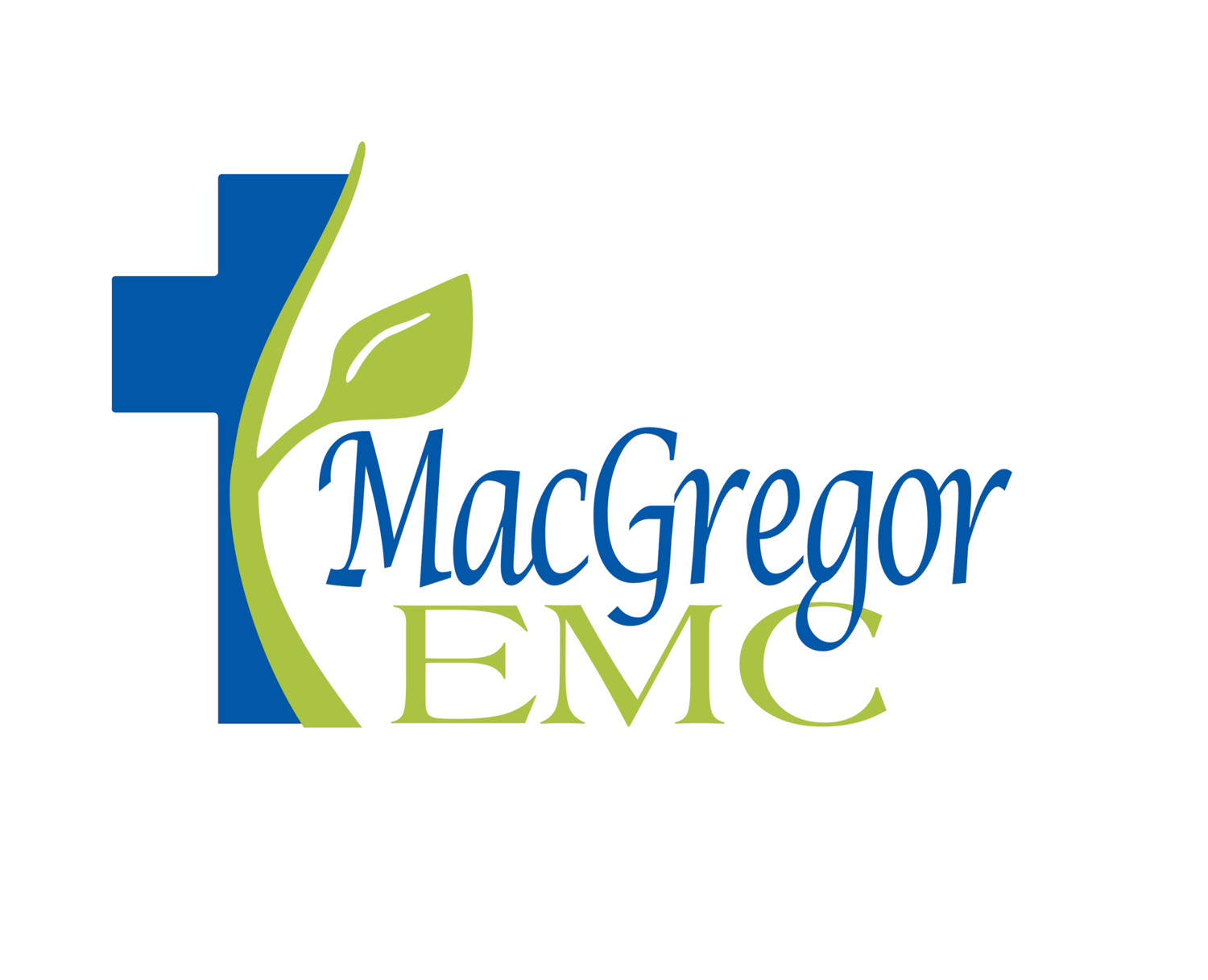Lessons From The Classroom - Self Evaluation Report Card
/If you have kids in or have been through the public education system yourself over the past 20 years, you will have noticed a very distinct pattern emerge while reading report cards. In every subject, there are strengths, challenges and next steps listed, giving students both distinct areas to be proud of as well as to focus on going forward. On these new report cards, strengths always indicate something that the student is doing well on and is finding success in. Challenges indicate an outcome that the student is currently struggling to demonstrate consistently. Finally, the next steps part of the report typically gives a path forward to addressing the challenge mentioned.
In my school division, a teacher who is on a permanent contract gets evaluated by the principal every five years in this kind of way as well. This is my evaluation year, and so recently I have been going through this evaluation process myself. I essentially am receiving my very own report card, and what’s more is that in our district, these reports are even structured in much the same way as those that I make out for my students! For every aspect of my work, I expect to find listed strengths, challenges and next steps.
There is one difference between my evaluation and the student’s report cards, though. As part of my evaluation, I also must generate a personal reflection, complete with marks I would give myself and comments. I have found that the self-reflection pieces of these reports tend to be very informative and as such I see them as an important part of improving as a teacher. We are often our own harshest critics, and by evaluating myself, I find I am better able to identify my own strengths and weaknesses as a teacher and to then use that information to formulate the next steps to grow professionally.
As I have been going through this self-evaluation process, I have come to see how this personal examination work could be useful for helping us grow in our own faith as well. I don’t think the idea of self-reflection on one’s own spiritual life is anything new, but I do want to propose a novel way of self-reflecting that follows the structure of the report cards I write. For the same reason these report cards are valuable to my students - because they show both what is going well but also what needs work and how that work can be done - I think they can be invaluable to our faith lives as well.
Here are four subjects I want you to evaluate yourself on. While you could add many more, for now just stay with these:
Prayer
Bible Study
Relationship with others
Relationship with Christ
Over the week to come, I want to challenge you to write your own self-evaluative report cards for each of these areas. As you reflect, I want you to actually write down for each subject what your strengths are, and then what your challenges are, and finally after all that, I want you to come up with some next steps that you could take in order to build on or overcome those challenges that you identified. Be honest. Be realistic. Challenge yourself, yet, also celebrate the victories as well.
As you complete this task of self-reflection, there are two pitfalls that exist with report cards that you should be aware of:
Avoid skimming over your strengths to only focus on the challenges component. I find it is not uncommon for students and parents to jump straight to the challenges and next steps sections when reading report cards, all but ignoring the accomplishments that have often been hard-fought to attain. Fight this temptation. Acknowledging strengths and successes is an important part of the self-reflection process as it gives you a more accurate understanding of where you are at as well as it helps to dispel feelings of being an utter failure that tend to only lead to stagnation and regression.
Don’t be afraid to share your report card with those who can help you. This point leaves some room for discretion as your walk with God is often quite personal, but I want you to consider the possibility of sharing your report with close friends and family members. A report card sent home by a teacher is not just to provide an update on how the student is faring in school, but rather it is sent in the hope that additional supports can be put in place so that the students can be set up for success. While we often feel when it comes to faith we need to go it alone, very little that we can do makes it more likely that our attempts to improve will end in failure than just that.
So over the week to come, reflect and write this self-evaluation report. If need be, only choose one, or a few, of the subjects I mentioned. But then, go to town. Doing this will leave you with a list of aspects of your life that you are doing well with on your walk with God; places to find encouragement. And it will also show you the places, and more importantly, the ways that you can strengthen yourself in these subjects further still.
Do this, and you will have another useful tool in your walk with Christ.




